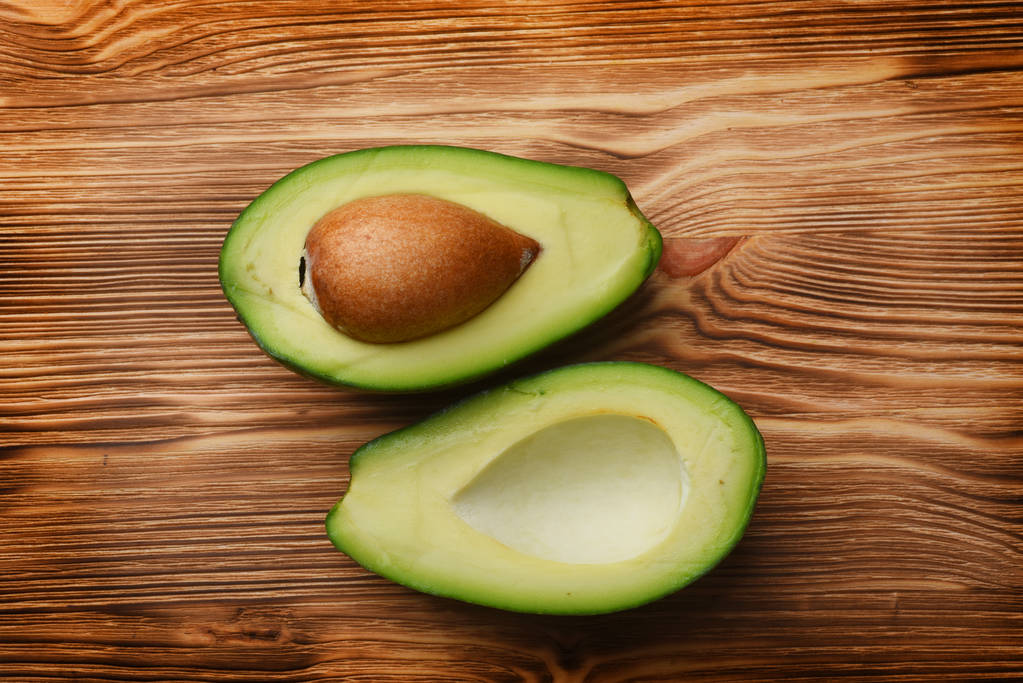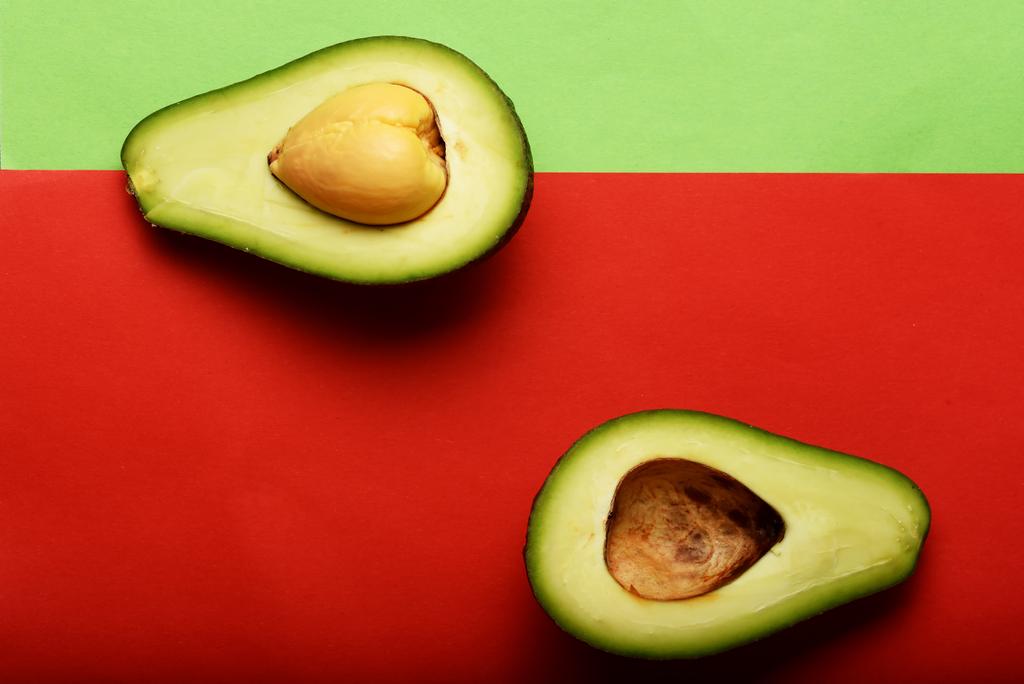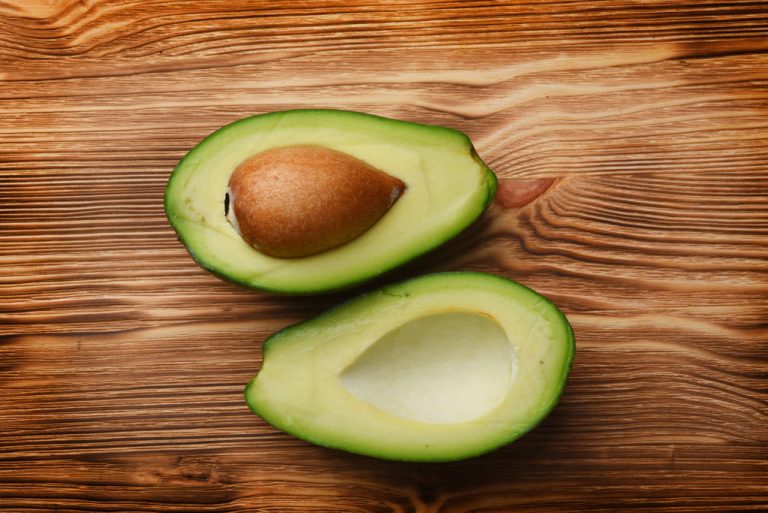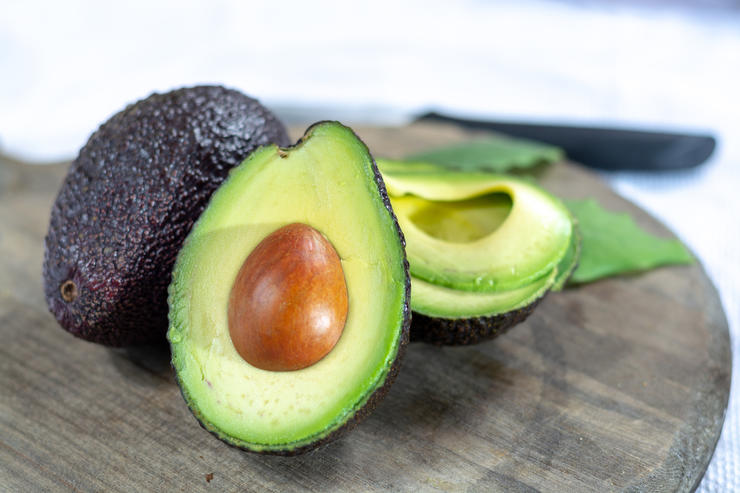Vegans like to eat avocados. Because the healthy superfood is a delicious substitute for animal foods. Strictly speaking, the avocado is not vegan at all – at least that is what the British television broadcaster BBC claims.
“Which of these foods can you eat as a strict vegan?” presenter Sandi Toksvig asks her contestants on the latest episode of BBC quiz show “QI”. Almonds, avocados, kiwis, a pumpkin and a melon are shown on a screen. The surprising answer: “None.”
Although the food does not consist of animal products, animals are exploited for their cultivation, according to the moderator. Just like honey production, avocado cultivation uses bees in an unnatural way. “The fruits depend on the bees, which are transported long distances across the country by truck,” says Toksvig on the show.
Animals are exploited to grow avocados
The method is called “migratory beekeeping”, in which the bees swarm out to pollinate the fields, then put them back in boxes and transport them to the next cultivation area. The same applies to cucumbers, broccoli, cherries and lettuce.
In fact, when it comes to honey, animal rights activists argue just like the BBC show: According to the animal welfare organization Peta, bees for the honey industry are “victims of unnatural living conditions, genetic manipulation and stressful transport.”
The difference, however, is that honey is produced directly by the bees. When growing avocados (and growing many other fruits and vegetables), the bees are only responsible for pollinating the plants.
Pollination is actually a natural process. On large fields and plantations, however, there are not enough bees to fertilize an entire plantation. The bees are therefore placed artificially on the fields.
So are avocados, almonds & co. vegan?
Media such as Bild.de, bento or Focus online are picking up the story and warning vegans about the allegedly non-vegan types of fruit and vegetables. But what is the truth of the claim?
Ultimately, whether avocados and other fruits and vegetables are vegan depends on how you define veganism. The organization The Vegan Society, for example, contradicts the interpretation of the program “QI”. “Vegans avoid using animals as much as possible,” spokeswoman Dominika Piasecka told the online magazine Plant Based News.
It is clear that in agriculture animals are often harmed indirectly. Unfortunately, it is not yet possible to avoid this at the moment, the spokeswoman said. “Vegans go a long way in reducing animal suffering. We welcome any changes in farming practices that support this.”
Avocados: Not only problematic for animals
Apart from that, the avocado is also a not unproblematic food for other reasons. In Germany, for example, the fruit is mainly imported from Peru, Chile, Mexico and South Africa. It covers a correspondingly long transport route in refrigerated containers, which causes emissions twice over and has a negative impact on the ecological balance of the fruit.
In Mexico in particular, environmental organizations also complain that forests are being cleared illegally to make way for avocado fields.
And avocados need enormous amounts of water: an avocado tree needs around 50 liters of water per day, which is already scarce in the rather hot, dry growing areas. Estimates assume that almost 1,000 liters of water are used for one kilo of avocados – that’s often only three pieces.
So whether the avocado is vegan or not is a matter of definition. The fact is: the fruit is not exactly sustainable. If you still don’t want to do without avocados, you should opt for organically grown fruit and also choose avocados from Spain or Israel, because the transport routes are shorter here.



